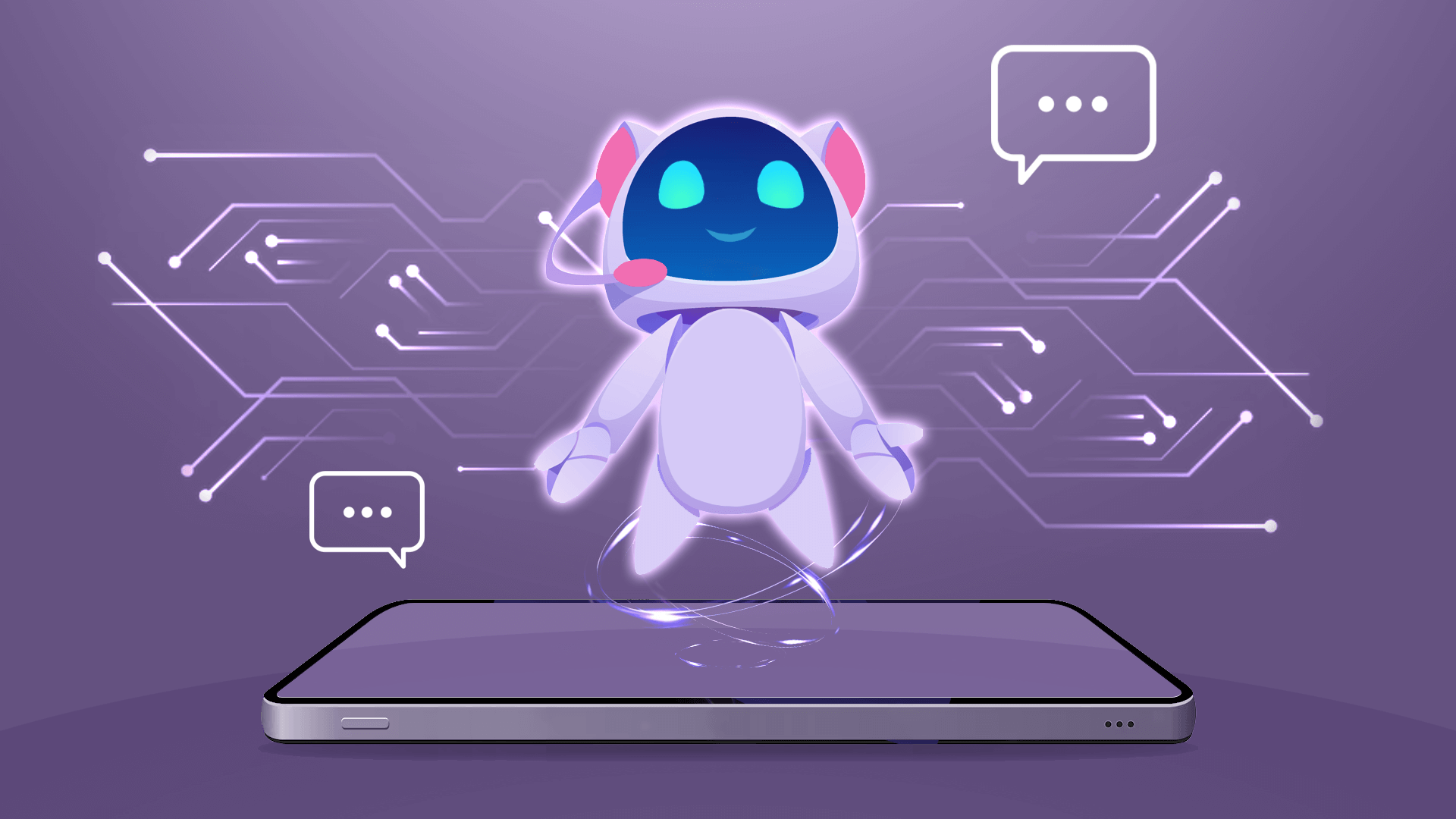How AI Chatbots Help in Streamlining Sales Pipelines
In today’s fast-paced business environment, companies need to adopt smarter solutions to stay ahead of the competition. AI chatbots have emerged as a powerful tool in streamlining sales pipelines, making them more efficient, accurate, and customer-centric. Let’s explore how AI-powered chatbots can transform sales processes and drive significant improvements in overall pipeline management.

1. Instant Lead Qualification
One of the primary ways AI chatbots contribute to a streamlined sales pipeline is through lead qualification. Rather than relying on sales reps to manually sift through every lead, AI chatbots can instantly assess the potential of incoming leads. By analyzing data such as browsing behavior, engagement history, and demographic details, chatbots can quickly determine whether a lead is worth pursuing or not. This immediate qualification reduces the time spent on unqualified leads, allowing sales teams to focus on those most likely to convert into customers.
2. 24/7 Customer Engagement
Sales pipelines often experience delays due to the time zones or business hours of the sales team. AI chatbots are available around the clock, providing customers with immediate assistance, no matter when they inquire. This constant engagement means that potential leads don't have to wait for human representatives to be available. Chatbots can answer common questions, provide product details, schedule meetings, or even make basic recommendations. This increases the chances of capturing more leads and pushing them further down the pipeline.
3. Personalized Interactions
Today’s consumers expect a personalized experience. AI chatbots help meet this demand by leveraging data to tailor conversations to individual prospects. By gathering information such as previous interactions, preferences, and behaviors, chatbots can provide relevant recommendations and responses, making the sales process more engaging and customer-centric. Personalized communication fosters trust and rapport, ultimately leading to higher conversion rates and an improved customer experience.
4. Data-Driven Insights
AI chatbots are excellent at collecting and analyzing data from every interaction. This valuable data can be used to gain insights into customer behavior, preferences, pain points, and objections. Sales teams can use these insights to refine their strategies, adjust messaging, and prioritize high-value leads. Furthermore, chatbots can provide real-time analytics to monitor sales pipeline performance, identify bottlenecks, and offer actionable suggestions for improvement.
5. Seamless Integration with CRM Systems
AI chatbots can integrate seamlessly with CRM (Customer Relationship Management) systems, providing sales teams with up-to-date, organized lead information. Chatbots automatically capture and update contact details, interaction history, and lead status in real-time, ensuring that sales representatives have all the information they need when they take over the conversation. This integration streamlines workflow and reduces manual data entry, saving time and preventing human errors.
6. Automating Repetitive Tasks
Sales teams spend a significant amount of time on repetitive tasks like scheduling meetings, following up with leads, or answering frequently asked questions. AI chatbots automate these processes, freeing up valuable time for sales reps to focus on more strategic activities like closing deals. By handling these mundane tasks, chatbots enhance productivity and allow the sales pipeline to flow more smoothly.
7. Nurturing Leads with Drip Campaigns
AI chatbots can also play a crucial role in lead nurturing. By using automated drip campaigns, chatbots can send targeted, personalized messages to leads based on their position in the sales funnel. Whether it's a reminder email, educational content, or an offer, chatbots can keep leads engaged and moving through the pipeline. This ensures that no lead is left forgotten or unaddressed, increasing the likelihood of a successful conversion.
8. Reducing Response Time
Speed is critical in sales. AI chatbots drastically reduce the time it takes to respond to customer inquiries. In fact, chatbots can provide instant responses to questions, ensuring that potential leads don’t lose interest due to long wait times. Fast, efficient communication improves customer satisfaction and shows that your business is committed to providing timely and relevant information.
9. Enhancing Sales Team Collaboration
By automating certain aspects of the sales process, AI chatbots enable sales teams to work more collaboratively. Since chatbots collect and share information automatically, team members have access to the latest updates and can coordinate their efforts effectively. This reduces communication silos and fosters better collaboration across sales, marketing, and customer service teams.
10. Improving Conversion Rates
Ultimately, AI chatbots help streamline the entire sales pipeline by making it more efficient and effective, which leads to improved conversion rates. From instant lead qualification and 24/7 engagement to personalized interactions and automated follow-ups, chatbots address critical pain points in the sales process. With more leads moving smoothly through the pipeline and less friction along the way, sales teams are more likely to close deals and achieve their revenue goals.
Conclusion
AI chatbots are transforming how businesses approach their sales pipelines. By automating routine tasks, improving lead qualification, providing personalized engagement, and offering data-driven insights, chatbots help sales teams operate more efficiently and effectively. With these powerful tools in place, businesses can ensure a seamless and streamlined sales process that improves both customer experience and bottom-line results. As AI continues to advance, the potential for chatbots in sales pipeline management will only grow, providing even more opportunities for businesses to thrive in a competitive marketplace.